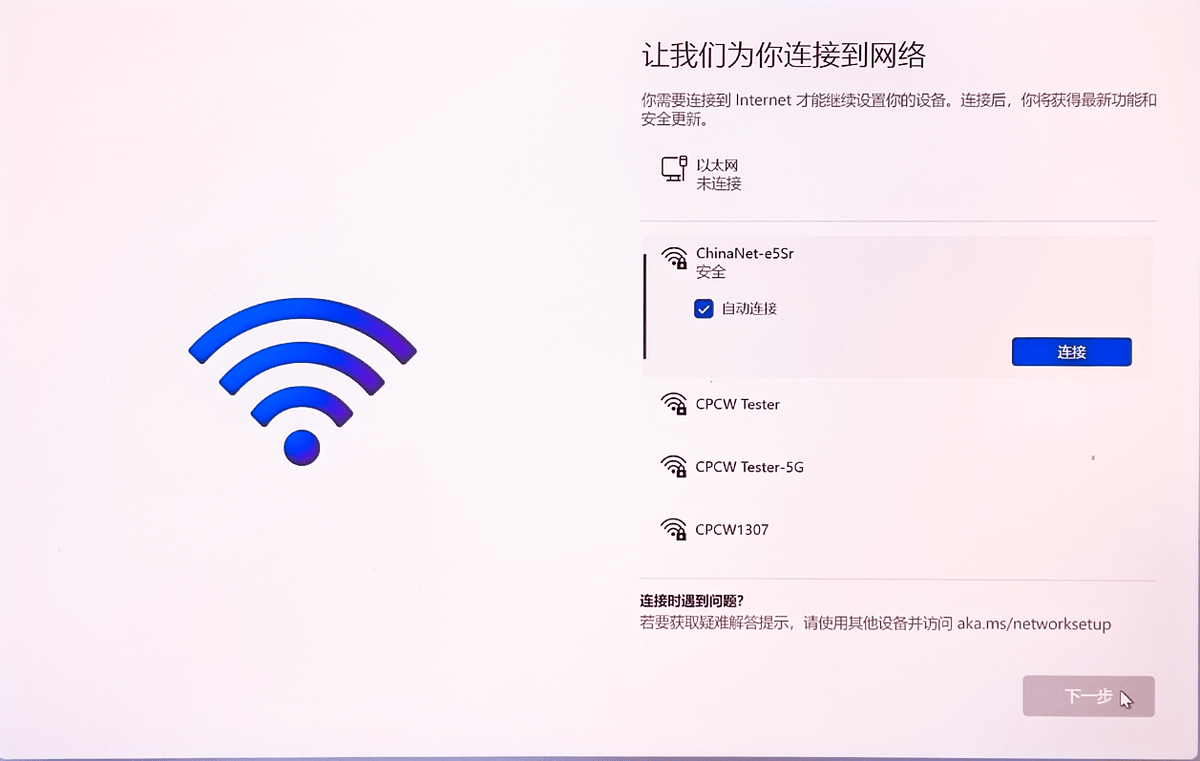首先要确认您本地电脑的ftp客户端使用的是主动模式(Port)还是被动模式(PASV)。
如果本地电脑的ftp客户端为主动模式,需要确认您在服务器上开放了高端端口,并且在FTP Server中指定了这些端口。
如果本地电脑的ftp客户端使用的是被动模式,则需要您本地可开放相关端口用于数据交互(可关闭本地防火墙),但如果您的网络结构受限(如防火墙、路由限制),可能造成无法正常使用,出现频繁连接中断。
如果排除以上问题,请确认您本地的网络环境是否稳定,同时您的服务器带宽是否被占满;
如果排除以上问题,请确认在 ftp server 端(也就是服务器上)的“数据传输超时”的设置足够大:比如在 linux 上使用 vsftp 时,需要修改 /etc/vsftpd/vsftpd.conf 文件里的 data_connection_timeout 参数。
在 windows 系统里操作比较复杂:Overview
The <connections> element specifies the connection-related settings for FTP sites. More specifically, the settings in the <connections> element control the behavior for the FTP service with regard to how to manage clients that are connecting to an FTP site.
For example, the unauthenticatedTimeout, controlChannelTimeout, and dataChannelTimeout attributes specify the time-outs for an FTP site. The settings specify, respectively, when the FTP service will disconnect an FTP client that has not successfully logged in or is idle, or when to disconnect an idle data connection. Specifying values for the attributes in the <connections>element can directly affect the overall performance of your server by helping to police the number of active client sessions for your FTP sites.
|
Version |
Notes |
|
IIS 10.0 |
The <connections> element was not modified in IIS 10.0. |
|
IIS 8.5 |
The <connections> element was not modified in IIS 8.5. |
|
IIS 8.0 |
The <connections> element was not modified in IIS 8.0. |
|
IIS 7.5 |
The <connections> element of the <ftpServer> element ships as a feature of IIS 7.5. |
|
IIS 7.0 |
The <connections> element of the <ftpServer> element was introduced in FTP 7.0, which was a separate download for IIS 7.0. |
|
IIS 6.0 |
N/A |
Note
The FTP 7.0 and FTP 7.5 services shipped out-of-band for IIS 7.0, which required downloading and installing the modules from the following URL:
https://www.iis.NET/expand/FTP
With Windows 7 and Windows Server 2008 R2, the FTP 7.5 service ships as a feature for IIS 7.5, so downloading the FTP service is no longer necessary.
To support FTP publishing for your Web server, you must install the FTP service. To do so, use the following steps.
|
Attribute |
Description |
|
controlChannelTimeout |
Optional int attribute. |
|
dataChannelTimeout |
Optional int attribute. |
|
disableSocketPooling |
Optional Boolean attribute. true if socket pooling is disabled; otherwise, false. The disableSocketPooling attribute specifies whether socket pooling is used for sites that are distinguished by IP address rather than port number or host name. If disableSocketPooling is set to false, then socket pooling is enabled and sockets are shared between sites that use the same socket number but different IP addresses. In this situation, the FTP service becomes the exclusive owner of the port on each address that is bound to the server. For example, if socket pooling is enabled on a server that has two IP addresses, 10.0.0.1 and 10.0.0.2, and an FTP site is bound to address 10.0.0.1 on port 21, the FTP service will also own port 21 on the 10.0.0.2 address. If disableSocketPooling is set to true, then there is no socket sharing for sites based on IP address. The default value is false. |
|
maxBandwidth |
Unused uint attribute. |
|
maxConnections |
Optional unit attribute. |
|
minBytesPerSecond |
Optional int attribute. |
|
resetOnMaxConnections |
Optional Boolean attribute. |
|
serverListenBacklog |
Optional int attribute. |
|
unauthenticatedTimeout |
Optional int attribute. |
None.
The following configuration sample displays an example <connections> element for a server that has the default control channel time-out set to 300 seconds.
<siteDefaults> <ftpServer> <connections controlChannelTimeout="300" /> </ftpServer></siteDefaults>
The following code samples illustrate how to set the default control channel time-out to 300 seconds..
appcmd.exe set config -section:system.applicationHost/sites /siteDefaults.ftpServer.connections.controlChannelTimeout:"300" /commit:apphost
Note
You must be sure to set the commit parameter to apphost when you use AppCmd.exe to configure these settings. This commits the configuration settings to the appropriate location section in the ApplicationHost.config file.
using System;using System.Text;using Microsoft.Web.Administration;internal static class Sample{ private static void Main() { using (ServerManager serverManager = new ServerManager()) { Configuration config = serverManager.GetApplicationHostConfiguration(); ConfigurationSection sitesSection = config.GetSection("system.applicationHost/sites"); ConfigurationElement siteDefaultsElement = sitesSection.GetChildElement("siteDefaults"); ConfigurationElement ftpServerElement = siteDefaultsElement.GetChildElement("ftpServer"); ConfigurationElement connectionsElement = ftpServerElement.GetChildElement("connections"); connectionsElement["controlChannelTimeout"] = 300; serverManager.CommitChanges(); } }}
Imports SystemImports System.TextImports Microsoft.Web.AdministrationModule Sample Sub Main() Dim serverManager As ServerManager = New ServerManager Dim config As Configuration = serverManager.GetApplicationHostConfiguration Dim sitesSection As ConfigurationSection = config.GetSection("system.applicationHost/sites") Dim siteDefaultsElement As ConfigurationElement = sitesSection.GetChildElement("siteDefaults") Dim ftpServerElement As ConfigurationElement = siteDefaultsElement.GetChildElement("ftpServer") Dim connectionsElement As ConfigurationElement = ftpServerElement.GetChildElement("connections") connectionsElement("controlChannelTimeout") = 300 serverManager.CommitChanges() End SubEnd Module
var adminManager = new ActiveXObject('Microsoft.ApplicationHost.WritableAdminManager');adminManager.CommitPath = "macHINE/WEBROOT/APPHOST";var sitesSection = adminManager.GetAdminSection("system.applicationHost/sites", "MACHINE/WEBROOT/APPHOST");var siteDefaultsElement = sitesSection.ChildElements.Item("siteDefaults");var ftpServerElement = siteDefaultsElement.ChildElements.Item("ftpServer");var connectionsElement = ftpServerElement.ChildElements.Item("connections");connectionsElement.Properties.Item("controlChannelTimeout").Value = 300;adminManager.CommitChanges();
Set adminManager = createObject("Microsoft.ApplicationHost.WritableAdminManager")adminManager.CommitPath = "MACHINE/WEBROOT/APPHOST"Set sitesSection = adminManager.GetAdminSection("system.applicationHost/sites", "MACHINE/WEBROOT/APPHOST")Set siteDefaultsElement = sitesSection.ChildElements.Item("siteDefaults")Set ftpServerElement = siteDefaultsElement.ChildElements.Item("ftpServer")Set connectionsElement = ftpServerElement.ChildElements.Item("connections")connectionsElement.Properties.Item("controlChannelTimeout").Value = 300adminManager.CommitChanges()
如果超时的设置已经足够大,可以先测试本地网络的情况。如果排除了本地网络的问题,需要提交工单联系技术人员,并将测试本地网络的各种输出和结果一起上传到工单里。









